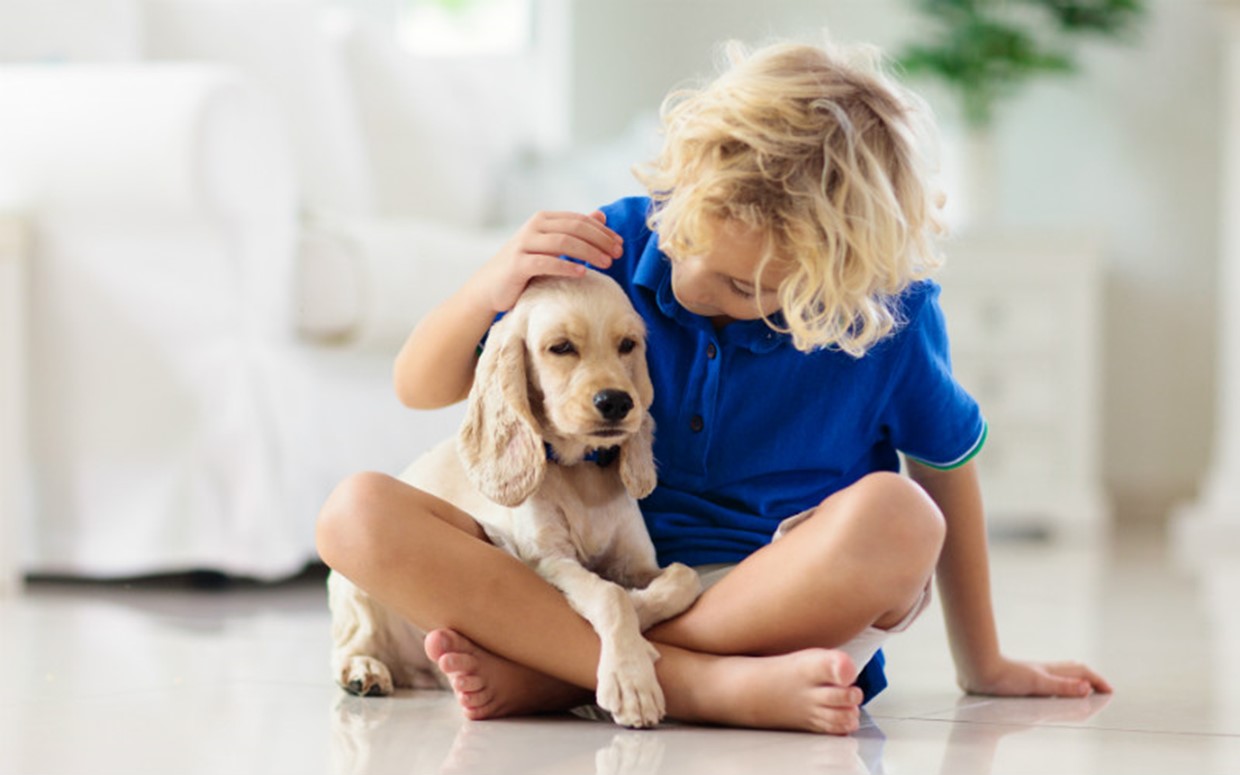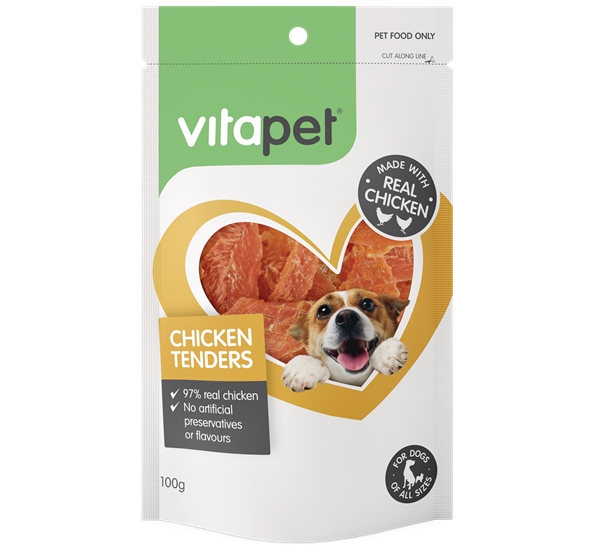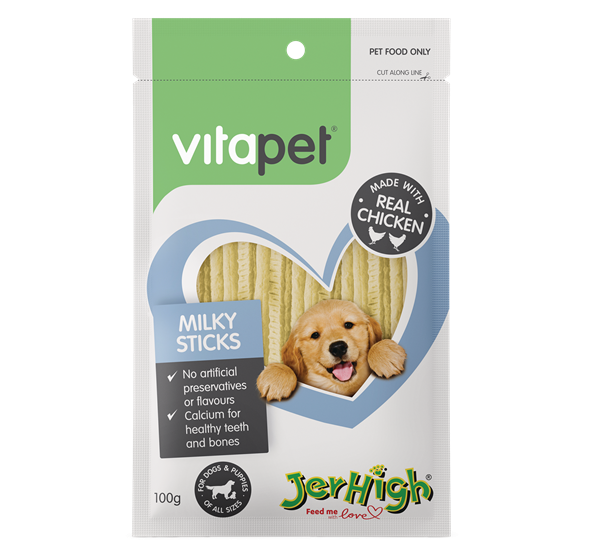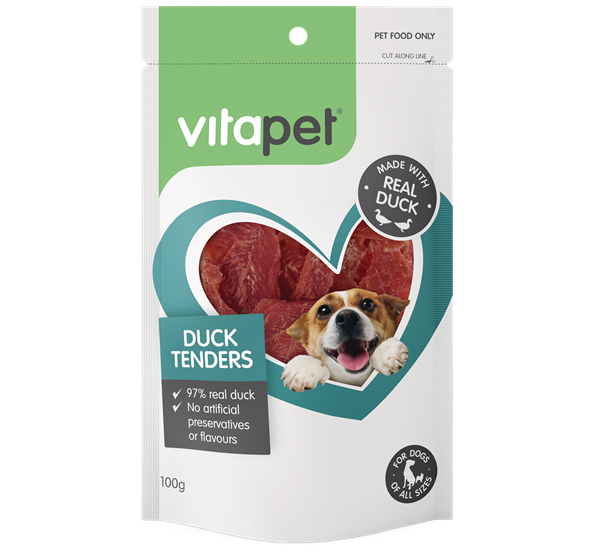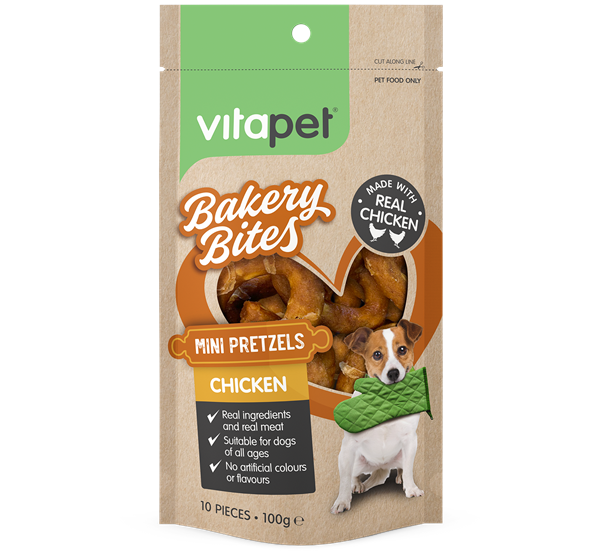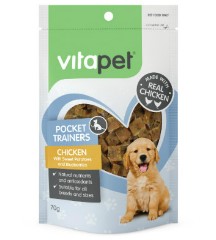Oh my dog! The day is almost here. You’re about to bring home your new best friend. It’s a super exciting time, but it will also be a huge change for everyone in the household – both two-and four-legged. Follow this handy checklist to make sure you have everything covered when the little ball of fluff arrives.
1. Set up their space
It can be a good idea to allocate a small area to your pup at the start rather than giving them the run of the house. Set up a space with a suitable, snuggly bed, water and some toys where they will feel safe, secure and comfortable. They can be out with you when you are home, but it’s important to have a quiet place where they can rest or spend time when you aren’t there.
2. Get into a routine
In every family, a routine is essential to a happy household and the same counts for four-legged family members. The sooner you start, the better. Your new schedule should apply to everything – mealtime, playtime, exercising, sleeping, toileting and even spending time alone.
Make sure you enforce the routine with rewards rather than punishment, and give them time to get used to your way of living and the home’s rules.
3. Toilet training
This will likely be the hardest part of the puppy-raising project. Puppy toilet training can be tricky; you’ll need consistency, frequent trips outside and plenty of puppy treats. Puppy bladders are small, so accidents are bound to happen. If your home doesn’t allow your puppy to go out immediately every time it needs to go, you can support the early days of toilet training with puppy pads.
4. Puppy proofing
You’ll quickly learn that your puppy might have the same taste in shoes as you do – only they take the ‘taste’ part more literally, especially while they’re teething. Direct all that toothy energy away from your furniture and clothes by stocking up on puppy-safe chew toys or treats. And remember that, as with most things, they’ll grow out of this phase eventually. We promise. More info on puppy proofing your home here.
5. Walk the walk
Dogs aren’t born knowing how to walk on a lead. This is something you’ll have to work on together. Buy a good quality collar or harness and a lead appropriate for their age and breed and start out with short adventures around your house, garden, the street and work yourself up to the neighbourhood and beyond.
Bring a pocketful of treats and make sure to give them some time to sniff all the new smells.
6. Stay healthy
Your puppy should have had their first puppy vaccination and started flea and worming treatment by the time they come home. You’ll need to keep this up and stay on top of their health in general. It's never too early to get acquainted with your local vet and approach them with any questions you might have.
7. Puppy school
You should start some very basic training as soon as you come home, but it’s always good to get help from experts – especially as a first-time fur parent.
Your little mate can start puppy school from around eight weeks old, provided they’ve had at least one vaccination.
It’s great for training, socialisation and mental stimulation. Plus, while you’re learning some new tricks, you’ll get to see your own fur ball rolls around with others their age. Cuteness overload!
There’s certainly a lot to learn when you’re bringing your fur baby home. But it will also be one of the happiest, funniest and craziest times of your life. So don’t sweat the small stuff, have patience with yourself and your pup and remember: there’s no such thing as too many tummy rubs.











